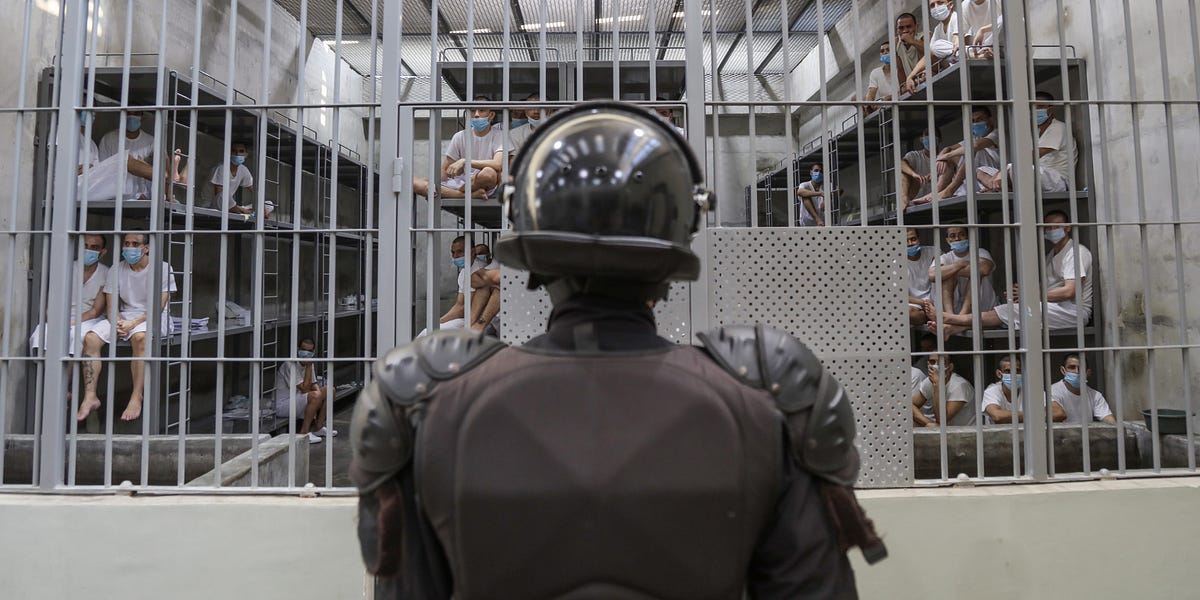Supreme Court Decision Looms Over Deportation Case of Kilmar Abrego Garcia
The U.S. Supreme Court prepares to rule on the deportation of Kilmar Abrego Garcia, raising critical concerns about executive power and individual rights.
Overview
Kilmar Abrego Garcia's deportation to El Salvador could set a precedent for the U.S. government's power to eliminate due process in removals. The Supreme Court's forthcoming decision will determine if the government can ignore judicial orders. Legal experts warn that a ruling in favor of the Trump administration could create a dangerous pathway for unlawfully removing individuals while bypassing checks on presidential authority, posing threats to both noncitizens and citizens.
Content generated by AI—learn more or report issue.

Get both sides in 5 minutes with our daily newsletter.
Analysis
- The government argues that once a noncitizen is sent to a foreign country, it loses jurisdiction and cannot be compelled to retrieve them, creating a potential for indefinite imprisonment without due process.
- There is concern that allowing the executive branch this level of power leads to scenarios where individuals, including U.S. citizens, could be sent abroad illegally under the pretense of administrative error or national security, with no legal remedies available.
- The legal precedent set in the upcoming Supreme Court case may redefine the limits of executive authority concerning deportations and the rights of both citizens and noncitizens to contest illegal removal.
Articles (3)
Center (1)
FAQ
A decision in favor of the Trump administration could enhance executive power by potentially allowing it to bypass judicial orders, posing threats to both noncitizens and citizens by undermining due process and checks on presidential authority.
Abrego Garcia is currently held in the Terrorism Confinement Center (CECOT), described as 'one of the most notoriously inhumane and dangerous prisons in the world,' where conditions include inadequate food, water, and shelter, and routine violence.
No credible evidence has been presented by the government to link Abrego Garcia to MS-13; instead, the government has largely abandoned this claim in court, with his wife also denying any affiliation.
The Trump administration argues that the court cannot order it to conduct foreign relations in a specific manner, contending that once Abrego Garcia was deported, U.S. courts lack jurisdiction to compel his return.
This case could set a precedent for whether the U.S. government can deport individuals in violation of court orders and ignore judicial oversight, potentially impacting future deportation cases.
History
- This story does not have any previous versions.


